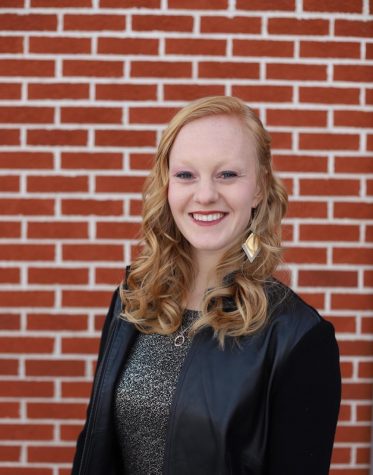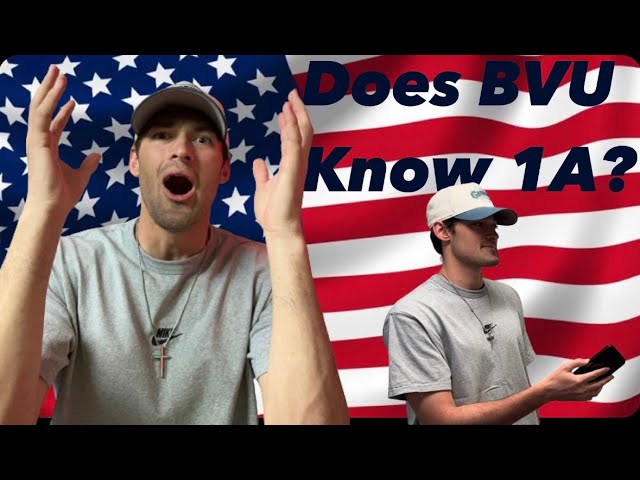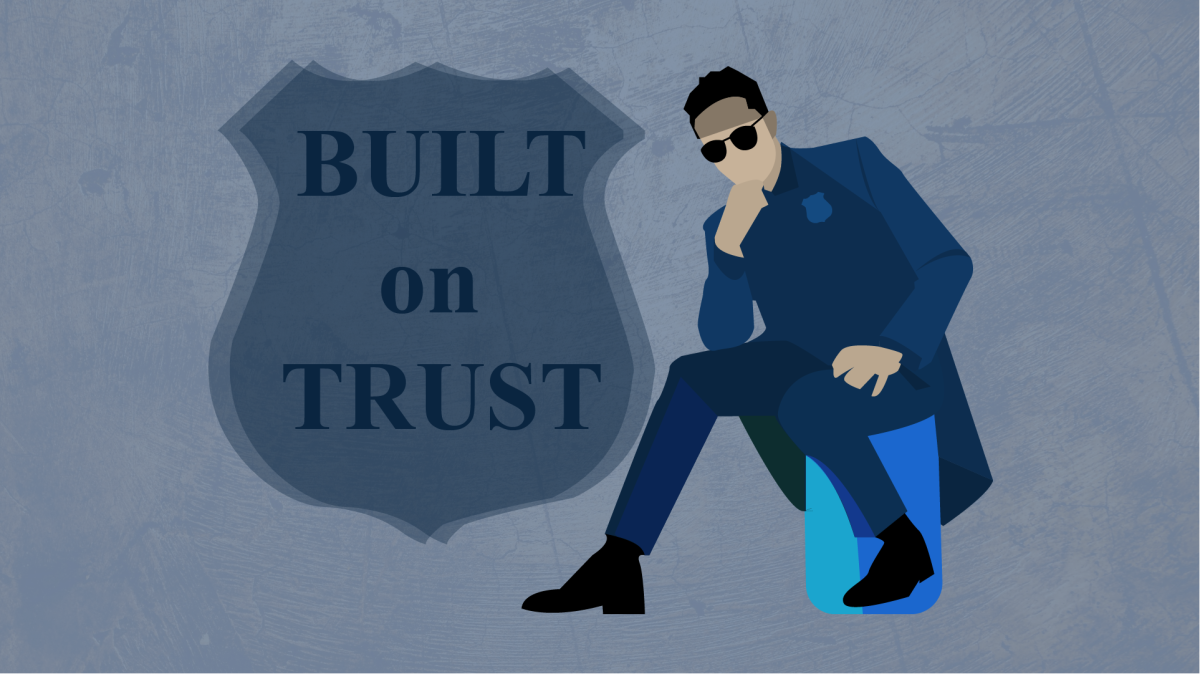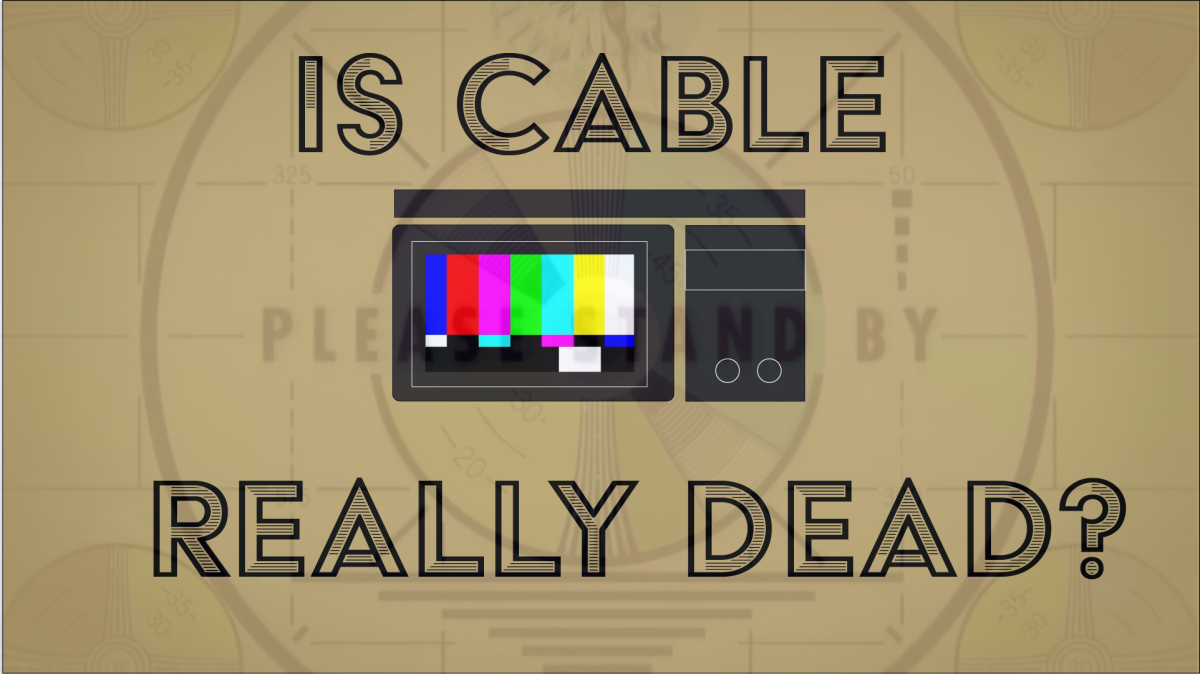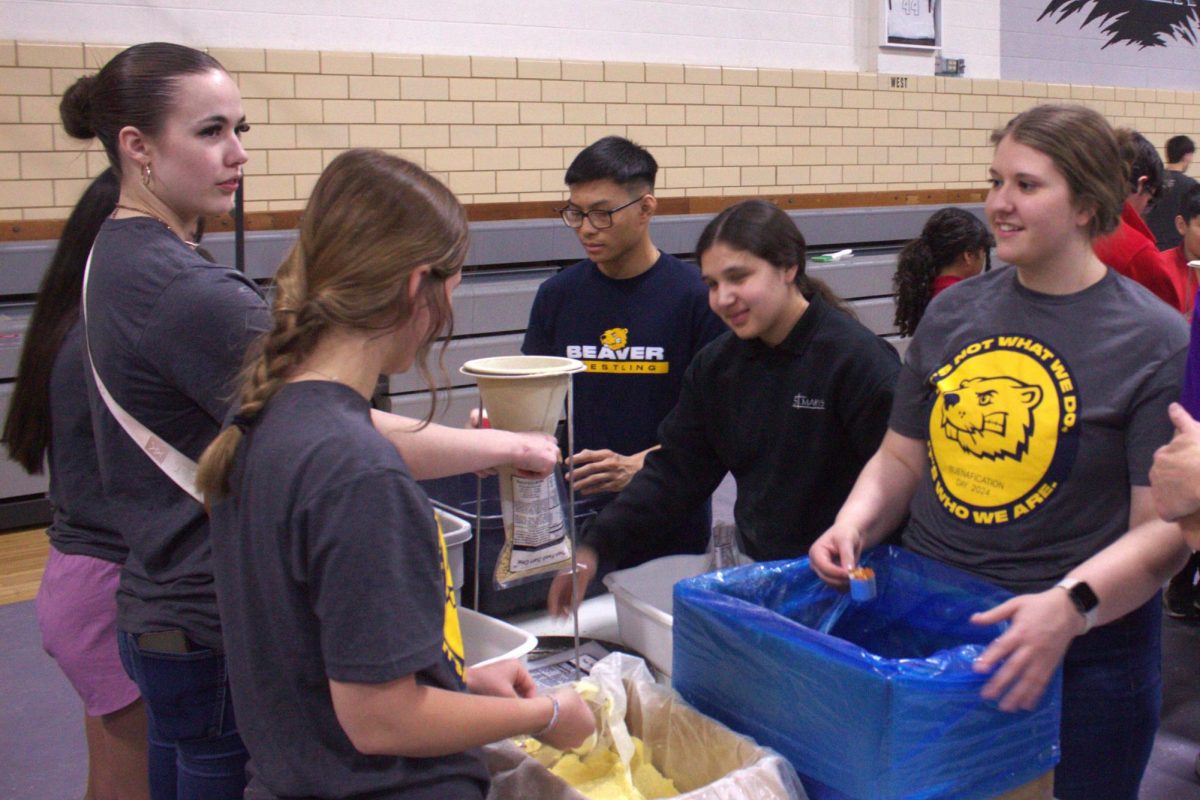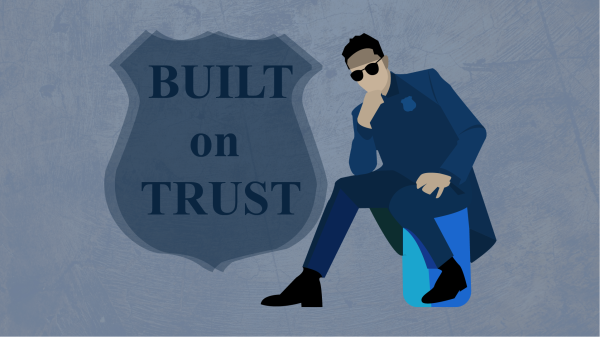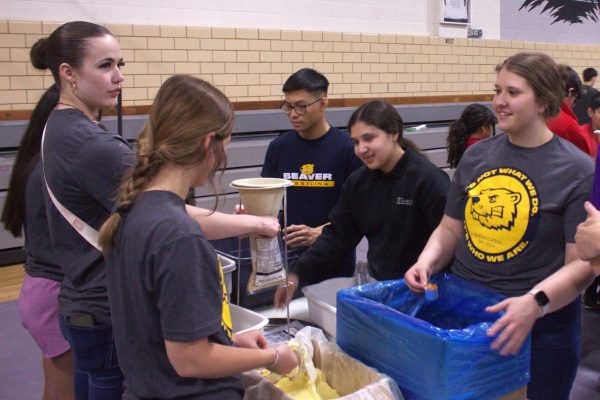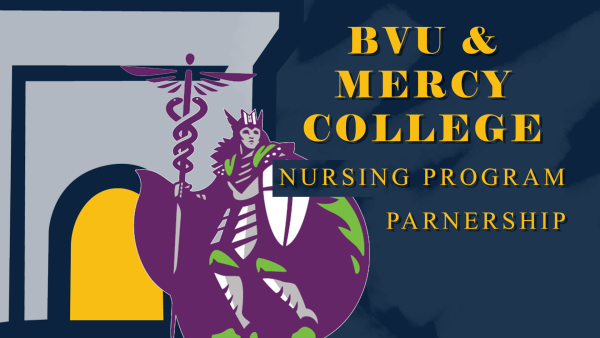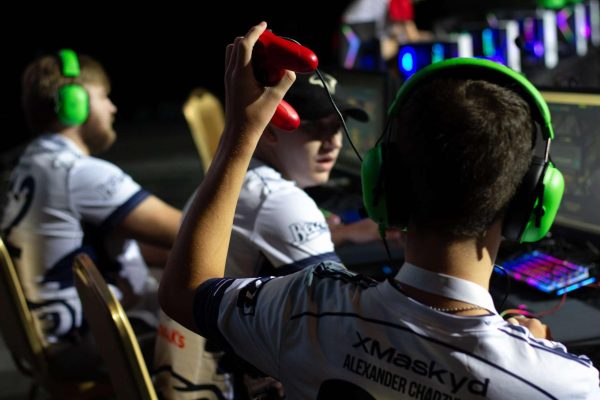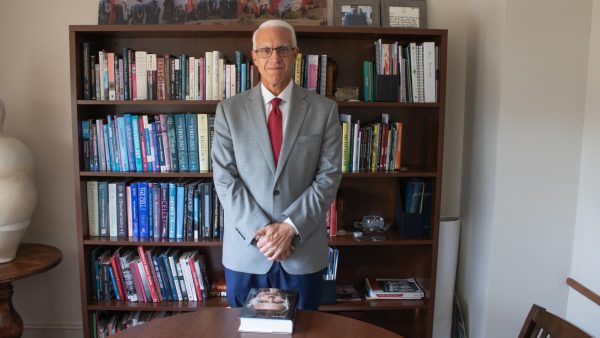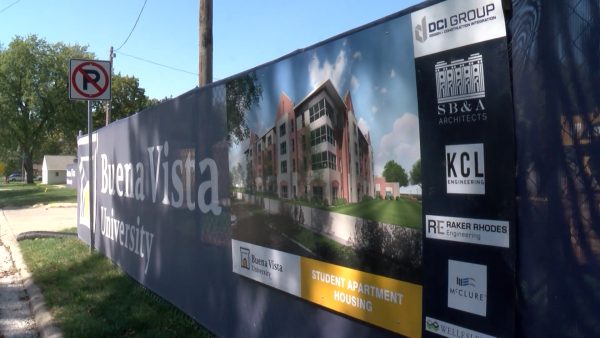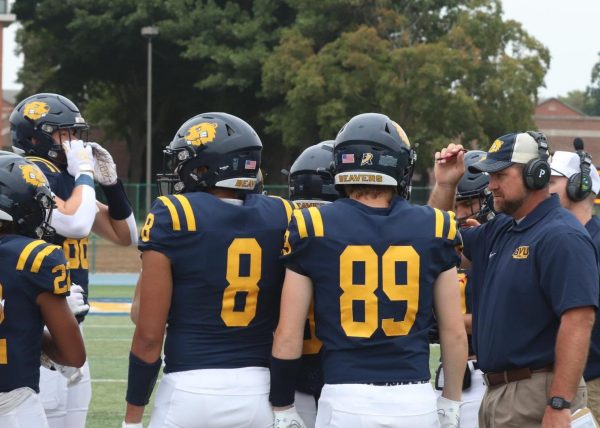Buena Vista University installs Criminal Justice Center for 2019-20 academic year
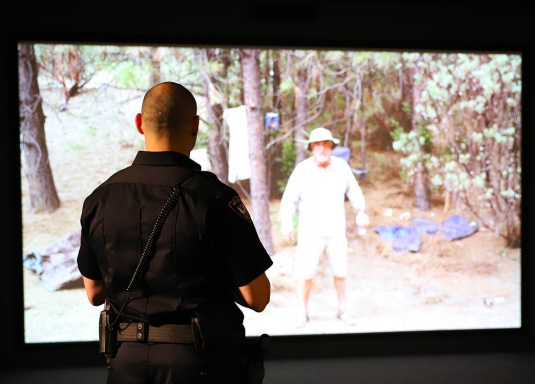
March 13, 2019
At Buena Vista University (BVU), rather than simple conceptual learning, students are encouraged and supported in real-life learning. This summer, a criminal justice center will be created in Swope Hall. As something that has been in the works for months, this installation will be open for use by the start of the 2019-2020 school year.
Dr. Richard Riner, assistant professor of criminology/criminal justice, joined the Criminal Justice program in 2017. With a background in law enforcement, spending time as training sergeant, academy instructor, and field training officer, he has had a goal to create something like this at BV for awhile.
“I saw an opportunity to kind of merge the hands-on aspect that we get from things like the simulators and crime scene rooms with the academics, so I could marry the two much more quickly than normal,” said Riner.
Normally, students learn all of the concepts in class and then don’t have the chance to apply what they’ve learned until they get to the academy. Riner hopes that by giving students this opportunity, there will be a greater chance for retention. BV will also be the only school in Iowa that has both a simulator and crime scene rooms.
“We’re the only one that I know of that’s going to have both which I think is going to make for a more complete experience. I think it’s really going to be helpful in either confirming one’s interest in law enforcement or maybe convincing someone that it may not be right for them,” said Riner.
Currently, Riner is limited on types of crime scenes he can create, so along with being more informed in making career decisions, the package that the program is getting will allow students to be able to create their own custom scenarios. This will also allow the university to expand its utility into several courses, rather than just the policing course.
“One of my goals is to create a scenario that flips the script. Normally these are set up where the student or the officer is dealing with somebody on the screen, but what if the scenario was someone dealing with an officer? And how might that go down and how might someone’s reactions either escalate or de-escalate an interaction with an officer? Because I think that is kind of a missing piece as well,” said Riner.
Riner also emphasized that law enforcement personnel make a lot of decisions under high stress situations, many of which have to be made in a split second, and that there’s really no way for students to properly prepare without actually experiencing these situations. A simulator allows students to experience a little bit of the high stress environment without the danger.
“It shows a little bit of the stress and the split-second nature of the decision making, but without any real danger. You know, the first time you’re out of the academy and you’re doing a foot pursuit, someone could be around the corner with a baseball bat waiting just to smack your skull,” said Riner. “And the danger is real and the stress is real with a simulator. You’d be surprised how real the stress is that without anyone actually having the possibility of getting hurt.”
The current plan is for the center to be used for Criminal Justice courses. Local law enforcement agencies will also be given access to come and train officers. Riner has been “shouting from the mountaintop” that law enforcement spends way too much time teaching officers how to shoot and not enough time teaching them when.
Senior criminology/criminal justice and psychology double major McKenna Whitehill is very excited for the future of the program after hearing about the plans for a virtual simulator and crime scene rooms.
“As a senior, I was disappointed that I won’t be getting these amazing opportunities that the students will have next year,” said Whitehill. “These additions to the program will help further students’ education and experience as it provides the opportunity for more hands-on learning and offers more practical experience.”
Unfortunately for this year’s seniors, they won’t get to experience the center as a student. However, there will be events for alumni so that they can see when they donate to the university, that money goes towards preparing the next generation of officers.
“This was kind of my baby, but I will say that I’ve had a lot of help along the way. Dr. Hays has had a ton of input. My Dean, Dr. Dixee Bartholomew-Feis, had a ton of input,” said Riner. “There’s been a lot a lot of help along the way. We are a hands-on program. If you want to be involved in the criminal justice system, we know what it takes to get you there.”



